Tag: Emergency 365
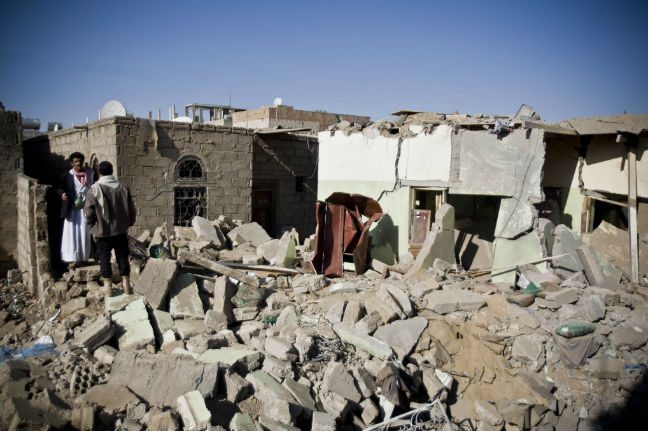
Ongoing violence in Yemen pushing country towards economic collapse
/
With the escalation of conflict in Yemen now in its second month, the country is now in the midst of an unfolding humanitarian catastrophe. Water supply systems have been heavily damaged, food prices are spiralling out of control, and more than 300,000 people have been displaced. Oxfam program officer Bassim describes how the crisis has changed his life. Read more »
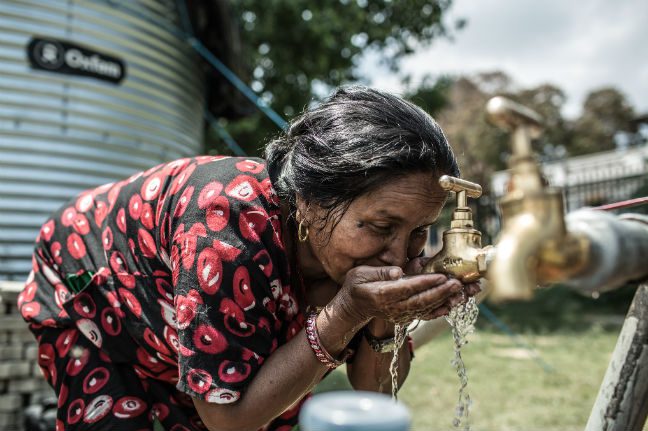
Oxfam delivering aid in Nepal
/
Oxfam has been delivering aid for more than a week, building pit toilets, providing shelter and clean water and distributing hygiene kits to families in the wake of the Nepal Earthquake. The following images are from Tundikhel camp — one of the biggest Internally Displaced Peoples (IDP) camps in Kathmandu. An 11,000 litre water tank has been installed and 20 pit toilets have been constructed. Read more »
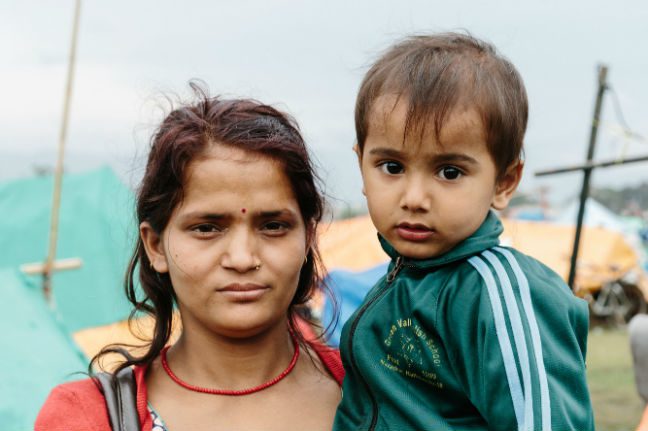
2.8 million displaced: Nepal survivors face second disaster
/
The earthquake in Nepal has razed more than 70,000 homes to the ground and damaged countless others. Thousands of people are now homeless and sleeping outdoors, too afraid to return to their homes. Without clean water, sanitation and life saving aid, disease is imminent. Sangita, her husband and their two children are just on family who lost everything after the Nepal earthquake.
Read more »
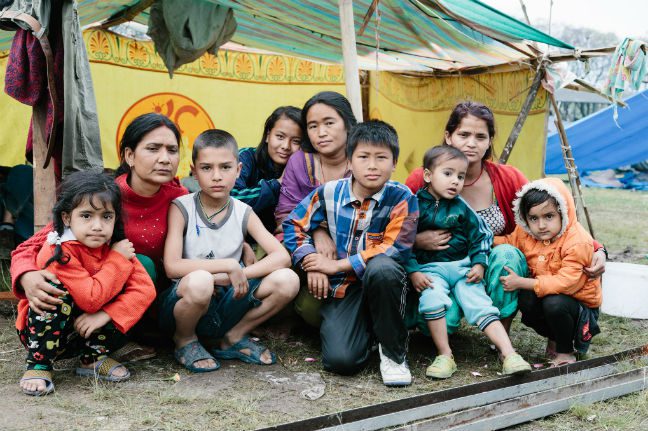
Oxfam responds to Nepal earthquake: people of Nepal in dire need.
/
The heartbreaking aftermath of the Nepal earthquake continues. Oxfam is on the ground already providing clean water, pit toilets and emergency shelter to survivors in Kathmandu Valley camps. — but the people of Nepal are in dire need of more emergency relief. Oxfam is aiming to provide aid to at least 350,000 people but we need your help today. Read more »
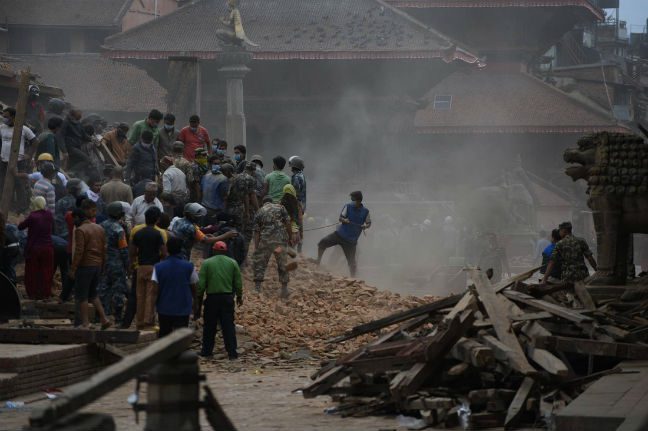
Donations needed in the aftermath of the Nepal earthquake
/
Oxfam teams are now in Kathmandu responding to Nepal’s most powerful earthquake in decades. More than 3.5 million people are estimated to have been affected by the earthquake that hit on Saturday. Thousands of people are sleeping in the open to avoid being crushed in further building collapses and survivors are now vulnerable to hidden health risks. […] Read more »
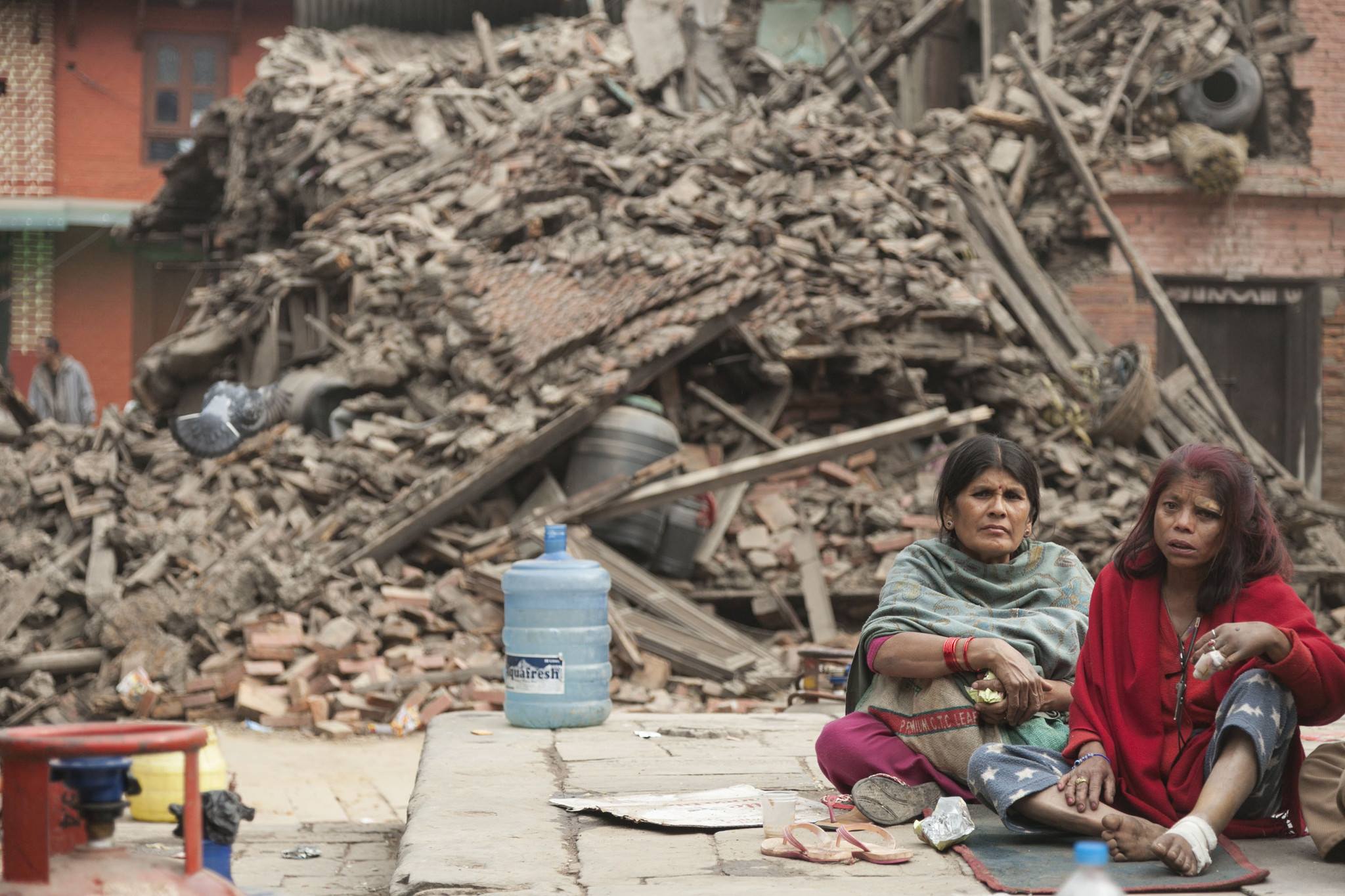
Kathmandu was ever a disaster-in-waiting
/
Shaheen Chughtai (Oxfam’s Deputy Head of Humanitarian Policy and Campaigns) is in Kathmandu. She shares her firsthand experiences The densely populated capital of one of the world’s poorest countries clings to the slopes of the seismically unstable Himalayas. Read more »
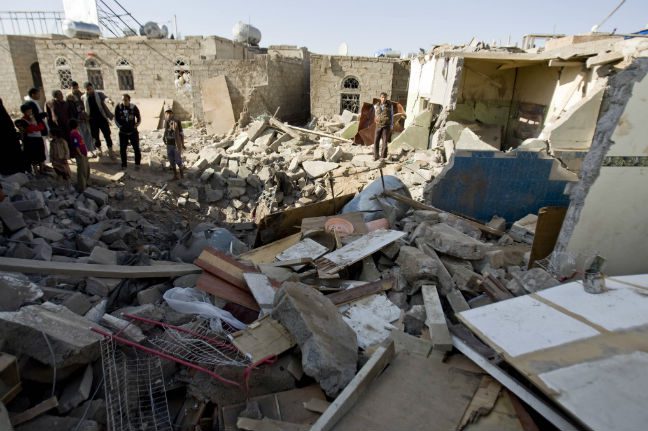
One aid worker is courageously telling the world what life is really like in Yemen right now
/
Nuha is an aid worker in Yemen and speaking out the conflict now affecting millions of ordinary people in her home country. She shares a firsthand perspective on life in the midst of airstrikes and food shortages: “I am usually optimistic, but I’m not now. Even if the conflict ends soon the humanitarian situation will unfold. Then the shock and the extent of the suffering here in Yemen will become apparent”. Read more »
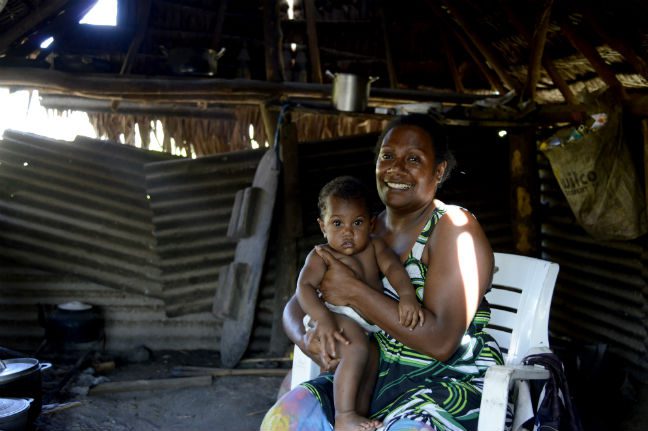
Journey to Ambrym: delivering aid to Vanuatu
/
It was on Monday 23 March when the first Vanuatu ferry loaded its cargo of much-needed aid for some of the northern and most remote islands of Vanuatu. Oxfam had 400 hygiene kits on board ready to give to the worst affected communities on Ambrym Island. Read more »
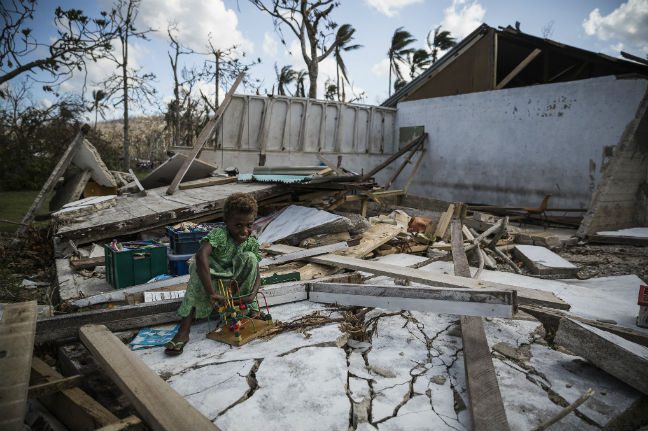
Meeting the global climate challenge: What would a fair contribution from Australia look like?
/
In December, the world will come together to finalise a new global climate agreement. Well before negotiators land in Paris to hammer out the details, countries must announce their provisional targets for the post-2020 period, when the new agreement will take effect. Read more »
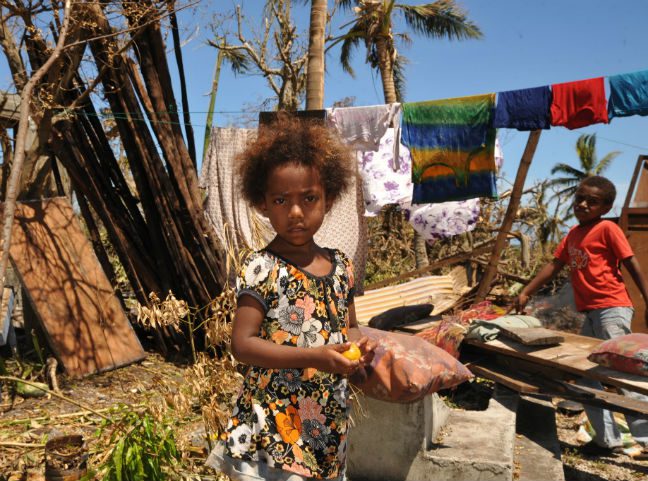
Cyclone Pam: the ‘perfect’ storm
/
Cyclone Pam is a tragic reminder that least developed countries – who have contributed almost nothing to the problem of climate change – are suffering the devastating consequences of global inaction. The price paid by the people of Vanuatu increased sharply last week. We must stand with them. Read more »